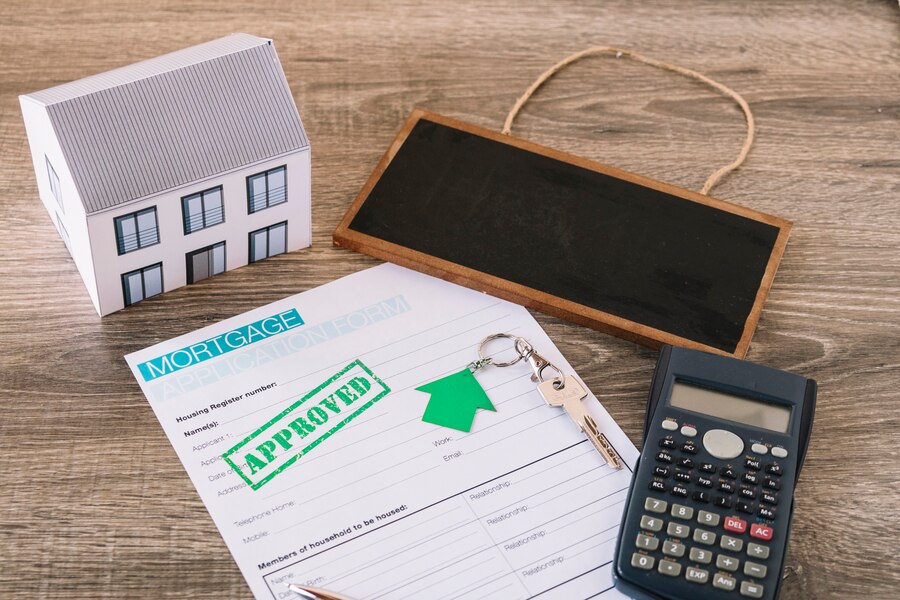Defaulting on a home loan can be a distressing experience, with potential consequences that affect your financial well-being and creditworthiness. However, understanding your rights, options, and the steps involved in the process can help you navigate this challenging situation more effectively. In this blog, we’ll provide essential information for home loan defaulters to help you understand your rights and obligations.
1. Understanding Home Loan Default:
A home loan default occurs when a borrower fails to make timely repayments as per the loan agreement. This may happen due to various reasons, such as financial hardships, job loss, or unexpected expenses. It’s essential to recognize the implications of defaulting on your home loan, including the risk of foreclosure and damage to your credit score.
2. Communication with Lender:
If you find yourself unable to meet your home loan obligations, the first step is to communicate with your lender promptly. Ignoring the issue or avoiding communication will only exacerbate the situation. Reach out to your lender to discuss your financial difficulties and explore possible solutions. Many lenders offer assistance programs or repayment plans to help borrowers in distress.
3. Exploring Repayment Options:
Depending on your circumstances, several repayment options may be available to you:
– Restructuring or Refinancing: Your lender may agree to restructure your loan or offer refinancing options to make repayments more manageable.
– Temporary Payment Relief: Some lenders provide temporary payment relief through forbearance or deferment, allowing you to suspend or reduce payments for a specified period.
– Loan Modification: Loan modification involves renegotiating the terms of your loan, such as extending the loan tenure or reducing the interest rate, to lower monthly payments.
Discuss these options with your lender to find the most suitable solution based on your financial situation and repayment capacity.
4. Legal Implications:
Defaulting on a home loan can have legal consequences, including foreclosure proceedings initiated by the lender. Foreclosure is the legal process through which the lender repossesses the property due to non-payment of the loan. It’s essential to understand the foreclosure laws in your jurisdiction and seek legal advice if necessary to protect your rights as a borrower.
5. Impact on Credit Score:
Defaulting on a home loan can have a significant impact on your credit score and creditworthiness. Late payments and defaults are reported to credit bureaus, resulting in a lower credit score and making it harder for you to qualify for loans or credit cards in the future. It’s crucial to monitor your credit report regularly and take steps to rebuild your credit after a default, such as making timely payments on other debts and reducing outstanding balances.
6. Seeking Financial Counseling:
Dealing with home loan default can be overwhelming, both financially and emotionally. Consider seeking the assistance of a financial counselor or advisor who can help you assess your financial situation, explore options, and create a plan to address your debts. Financial counseling can provide valuable guidance and support during this challenging time, helping you make informed decisions and regain control of your finances.
7. Exploring Alternatives to Foreclosure:
If foreclosure seems inevitable, explore alternatives to mitigate the impact on your finances and creditworthiness:
– Short Sale: In a short sale, you sell the property for less than the outstanding loan amount with the lender’s approval, avoiding foreclosure and minimizing damage to your credit score.
– Deed instead of Foreclosure: With a deed instead of foreclosure, you voluntarily transfer ownership of the property to the lender to satisfy the loan, thereby avoiding foreclosure proceedings.
– Loan Repayment Assistance Programs: Some government or nonprofit organizations offer loan repayment assistance programs to help distressed homeowners avoid foreclosure and stay in their homes.
Conclusion:
Defaulting on a home loan is a challenging situation that requires careful consideration and proactive steps to address. By understanding your rights, exploring repayment options, seeking assistance when needed, and taking proactive measures to protect your financial health, you can navigate through this difficult time more effectively. Remember, communication with your lender is key, and seeking professional guidance can help you make informed decisions and find the best possible solution for your situation.



